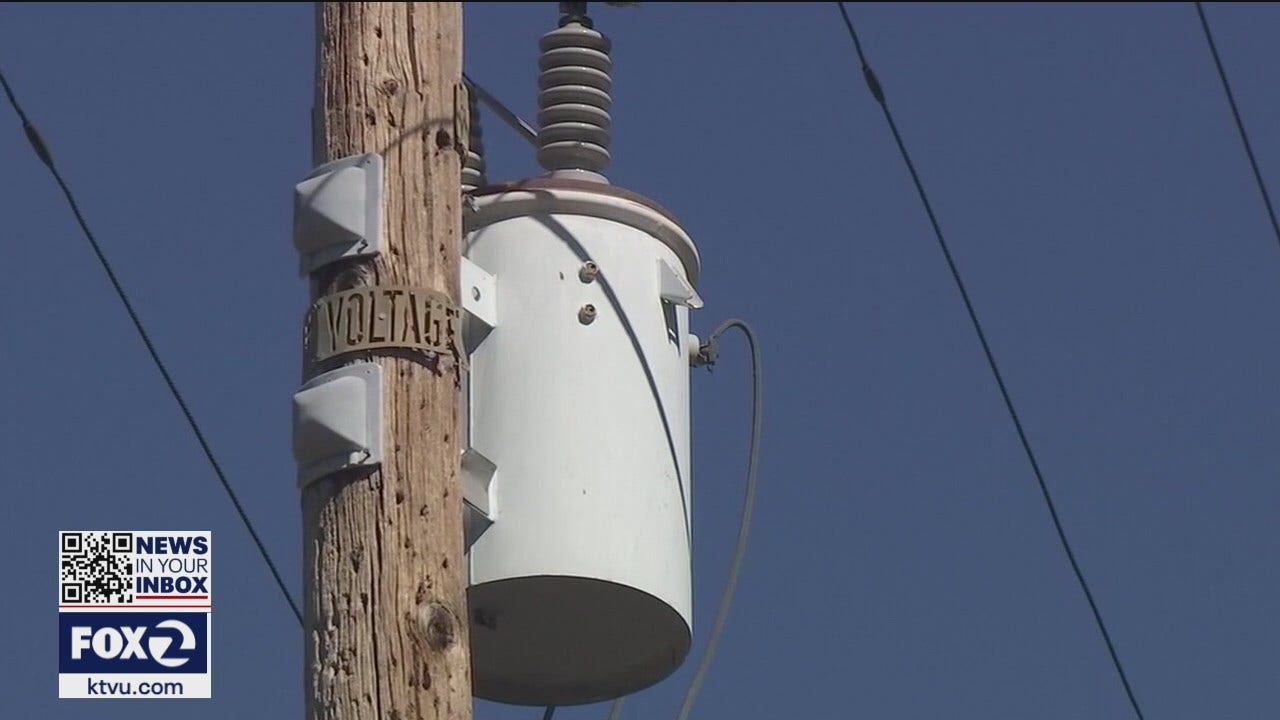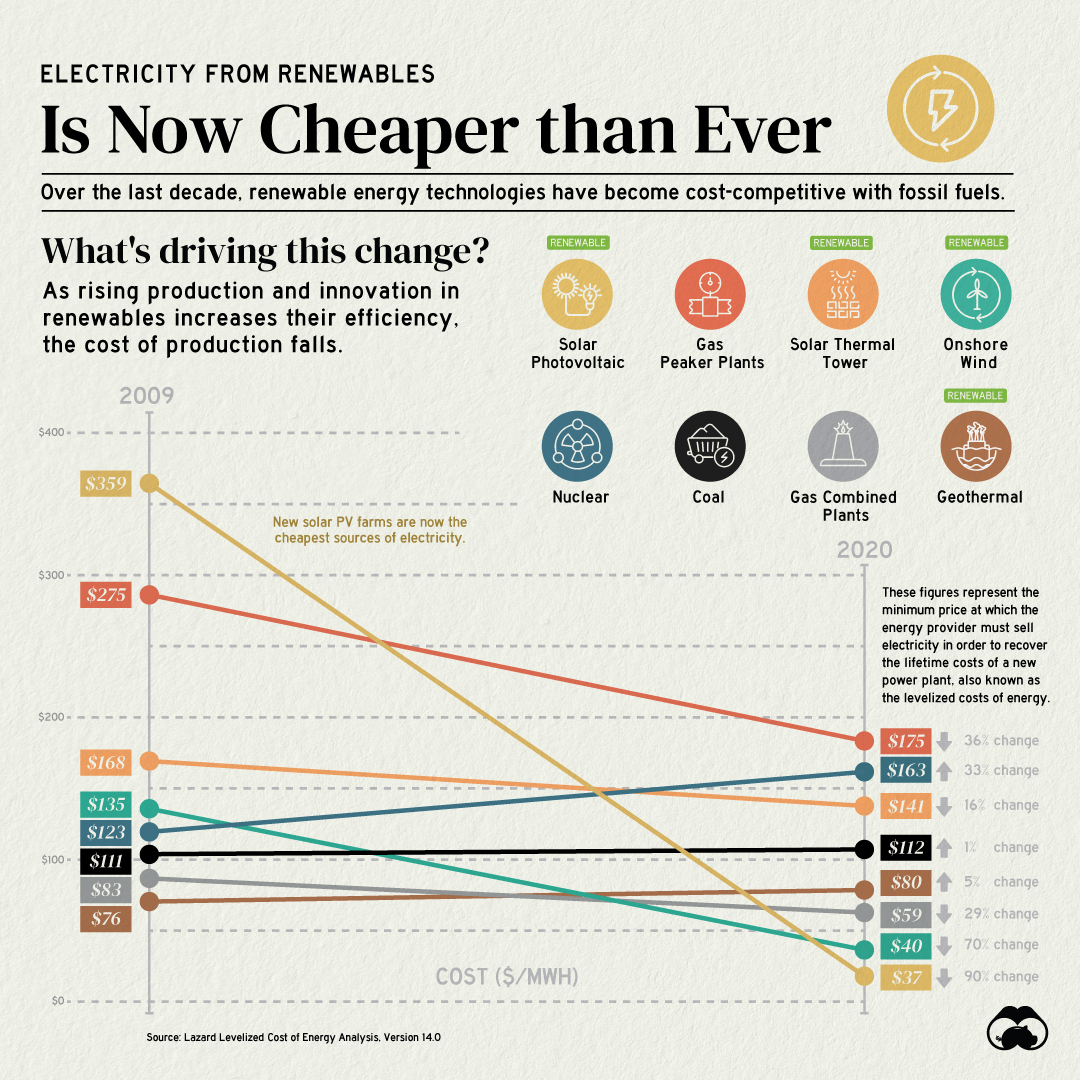jimm01
Member
All I'm saying arguing for methane, of any ilk or in any way, within the premise of either carbon or climate neutrality entails circular reasoning.I never said that synthetic methane was cost effective or has infrastructure built at scale. I said that it is technically possible. It has also been done in pilot capacity demonstrations. Bio-methane on the other hand does have some significant scale. Is is responsible for a significant portion of the renewable hydrogen mandated in California for fuel cell vehicle dispensing. Of course, methane leaks are a major problem.





